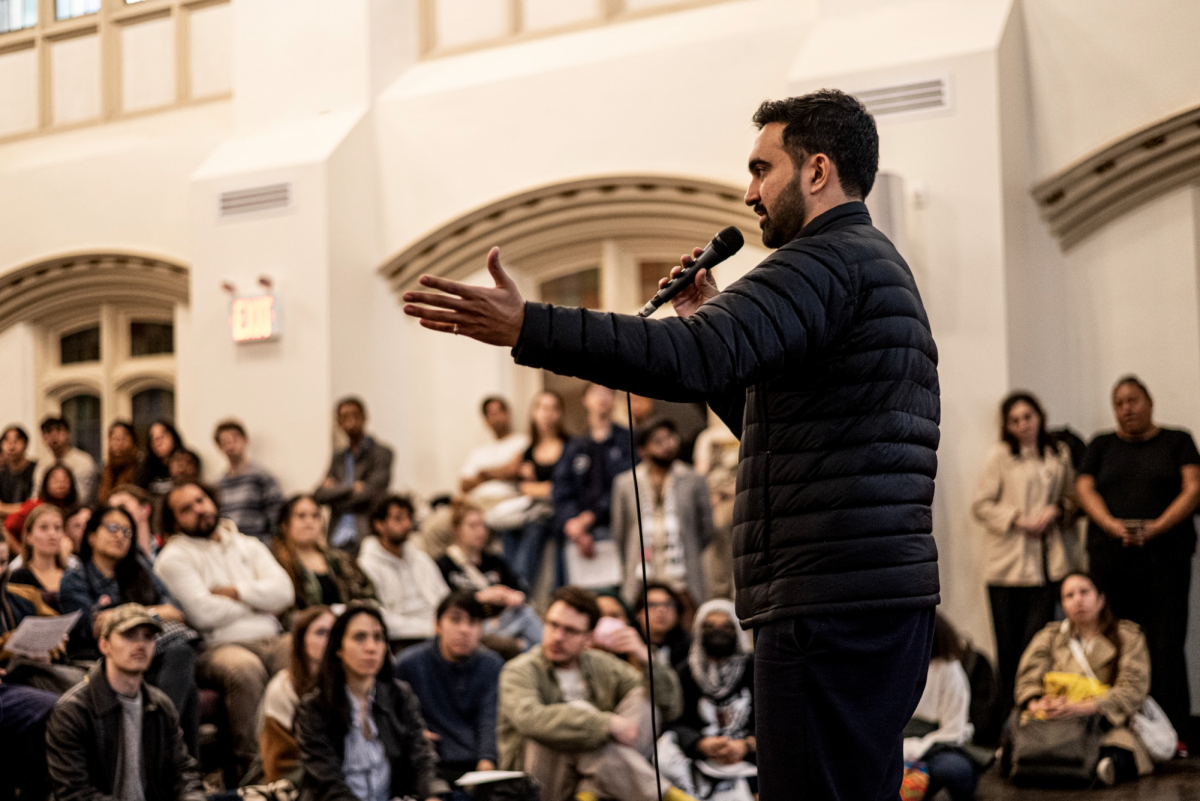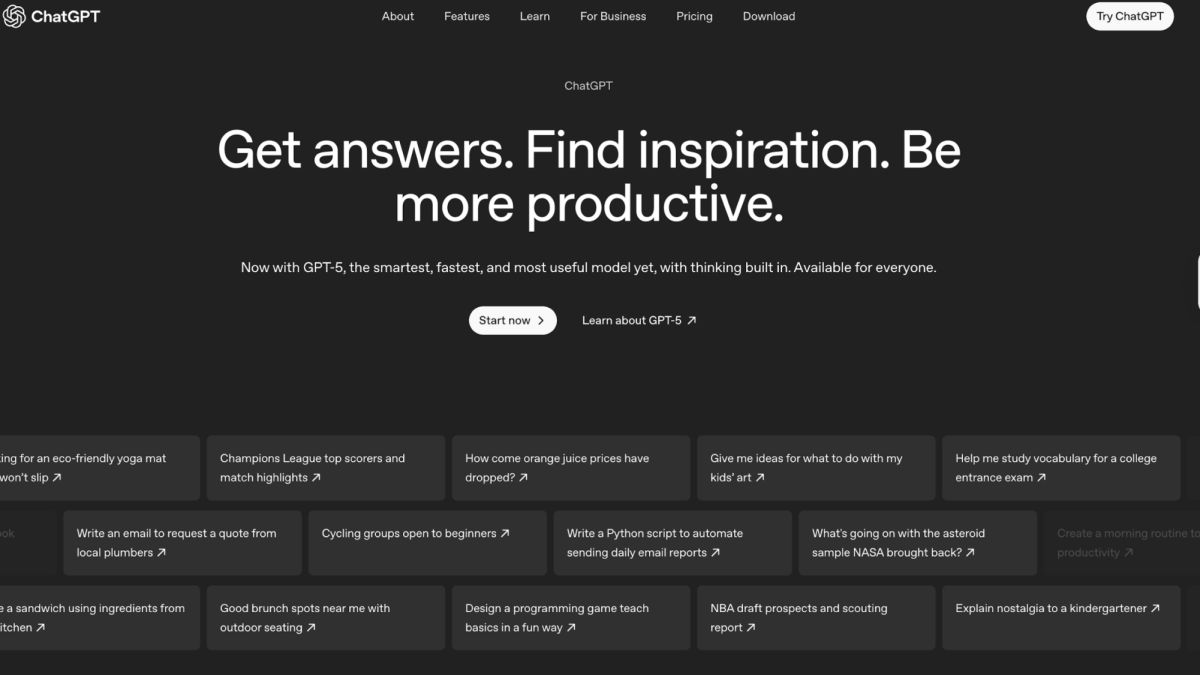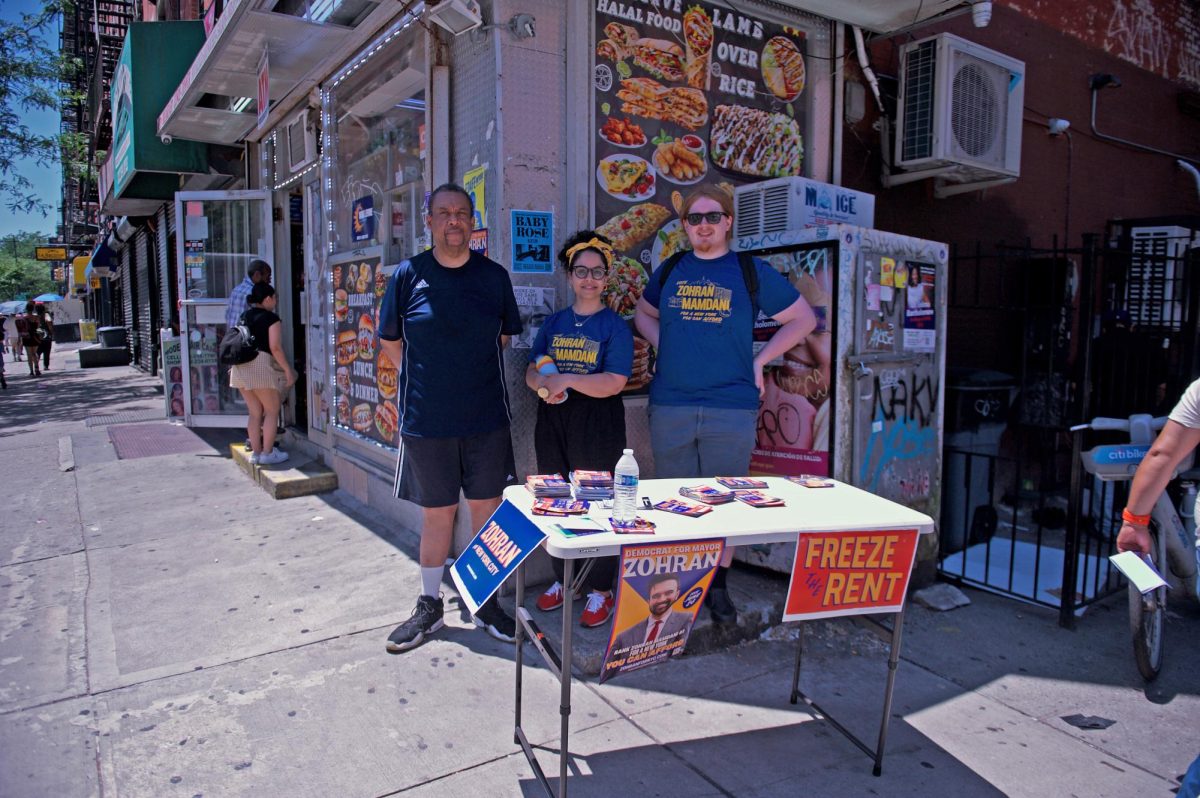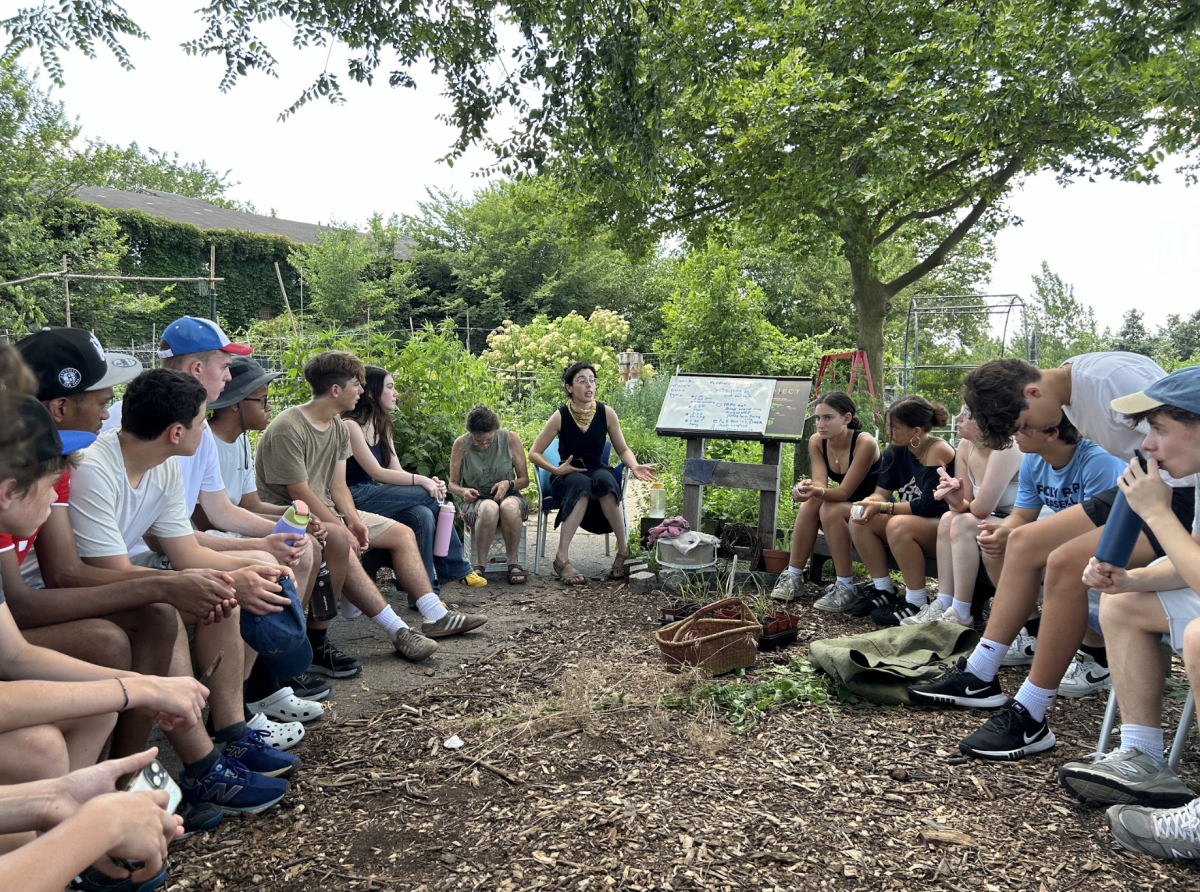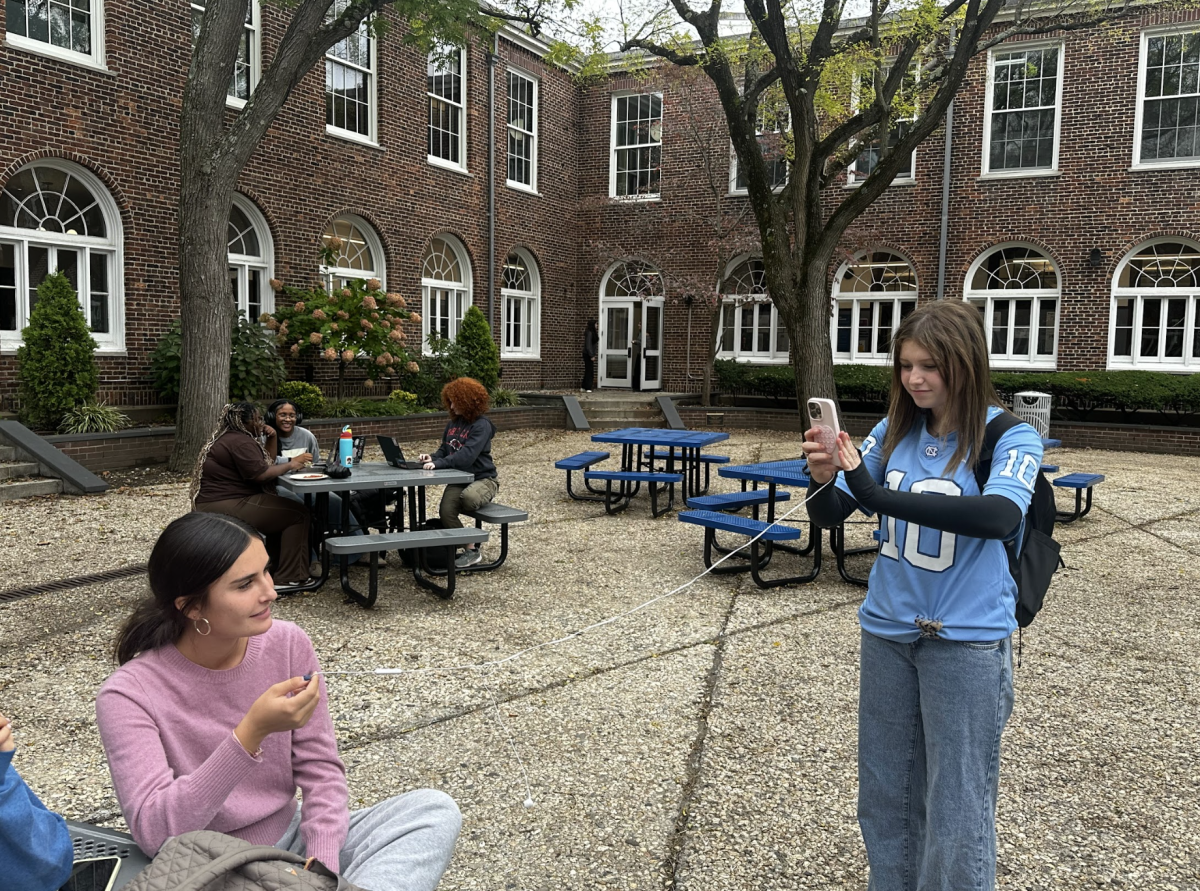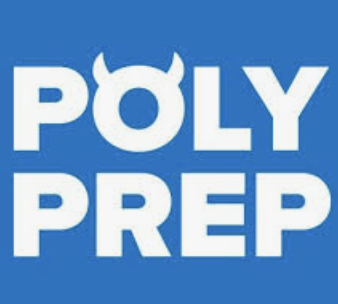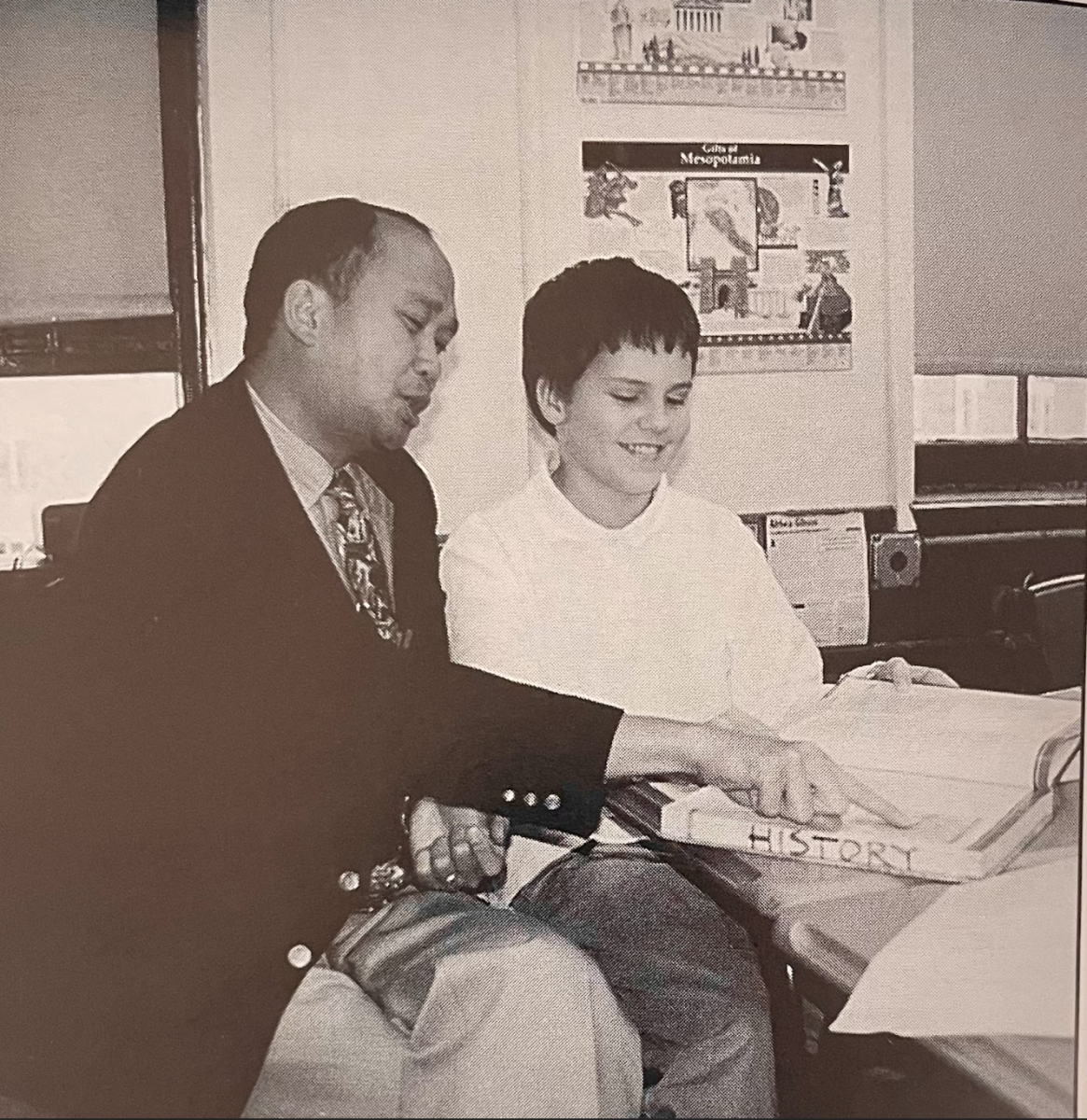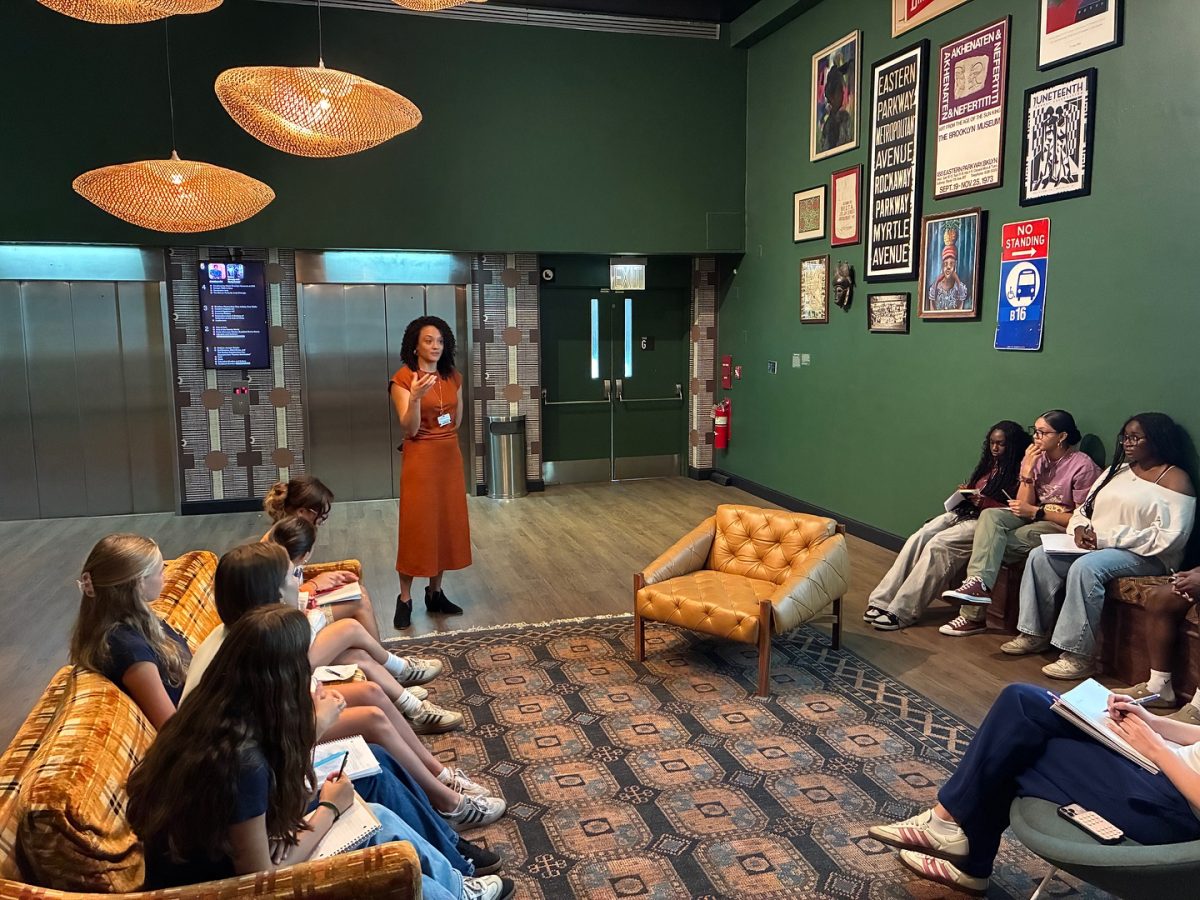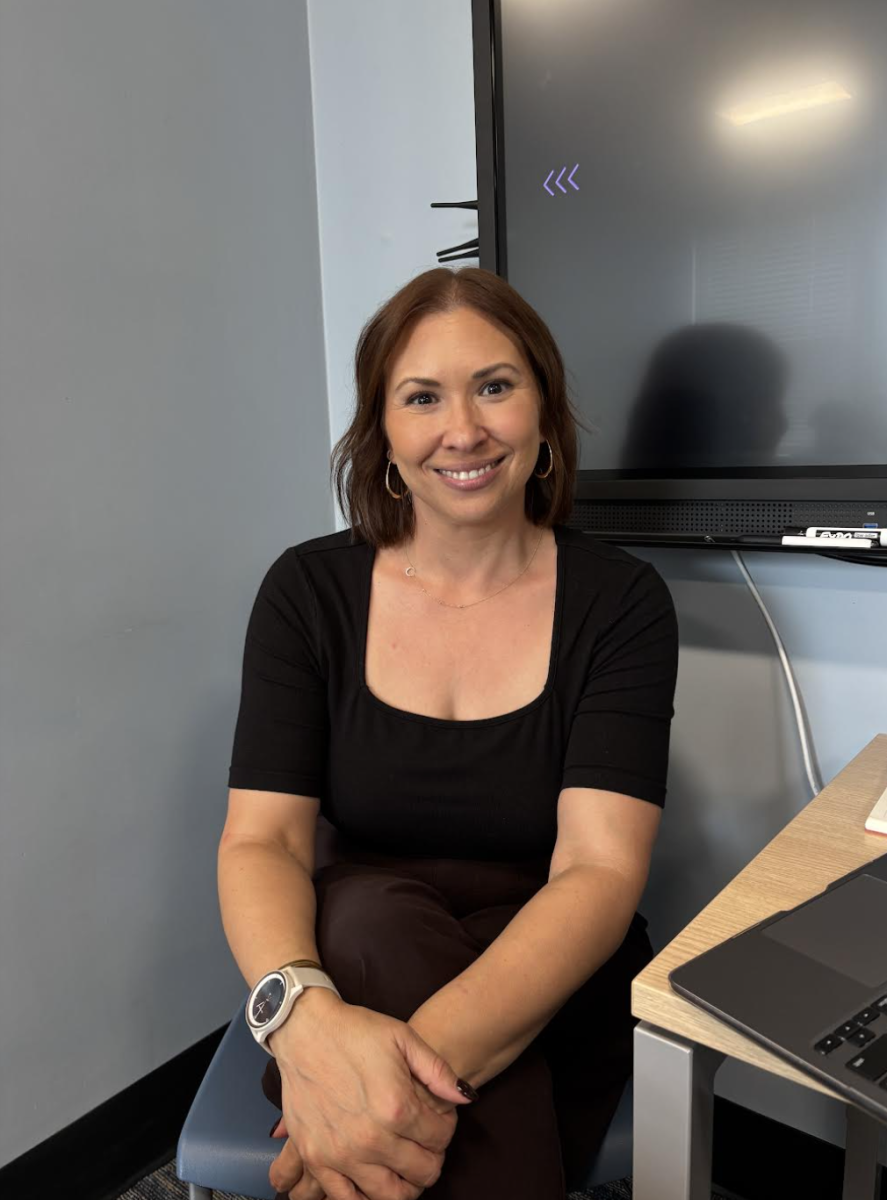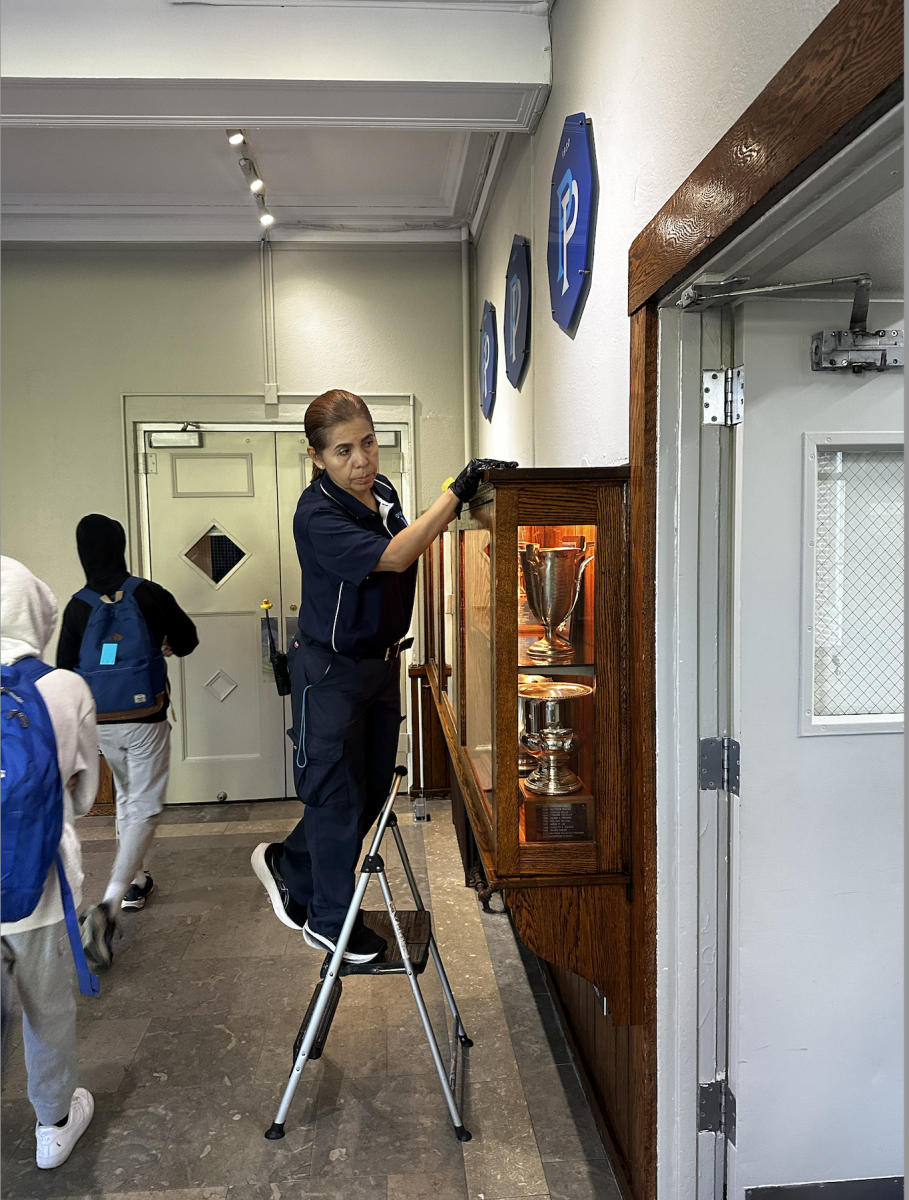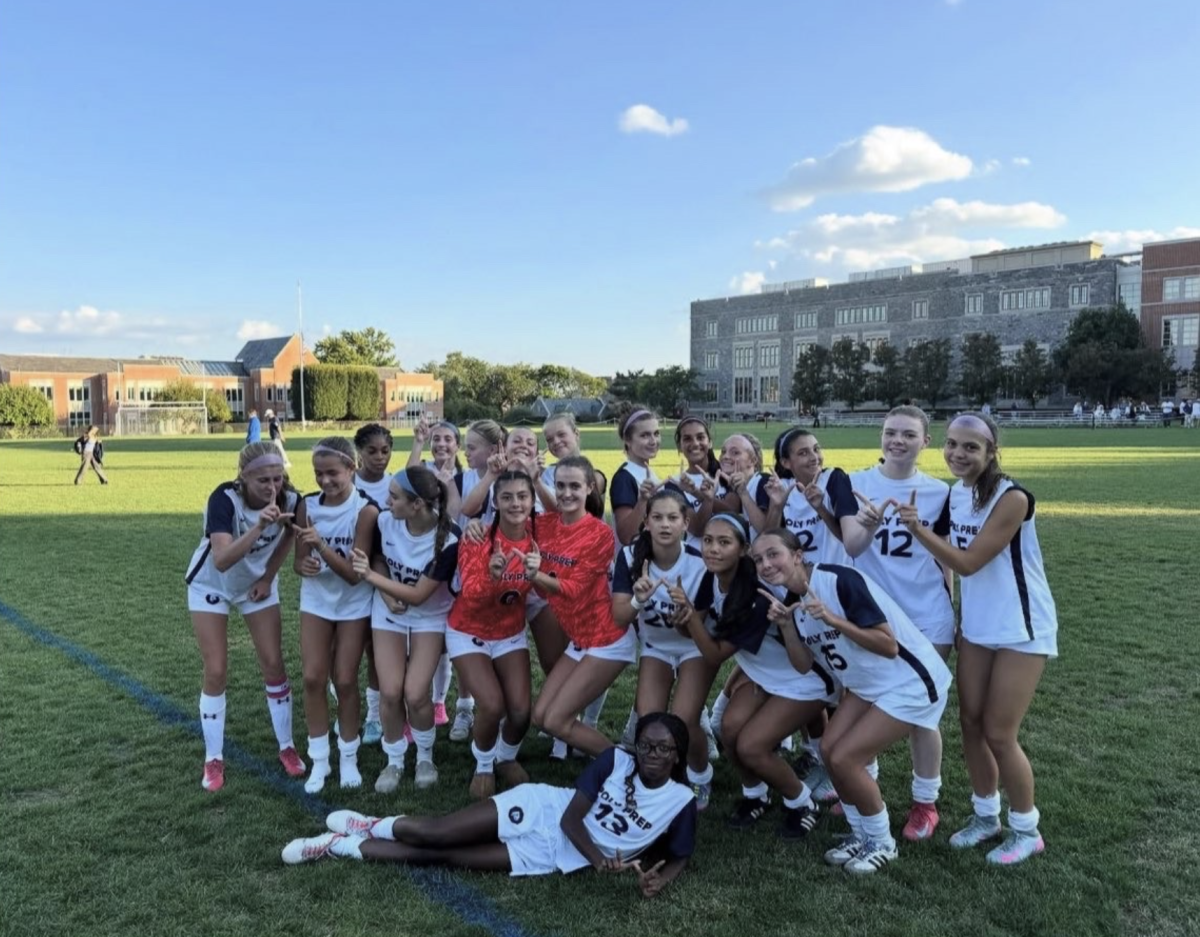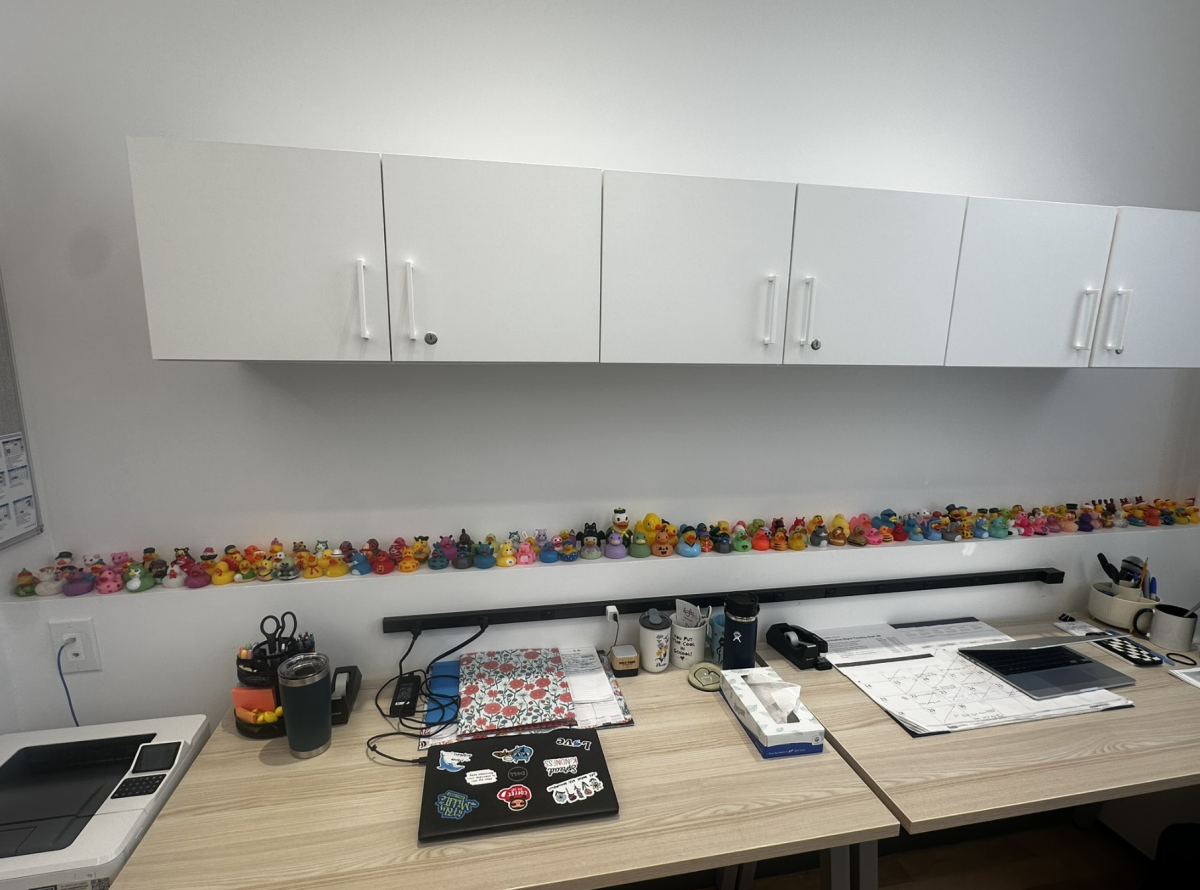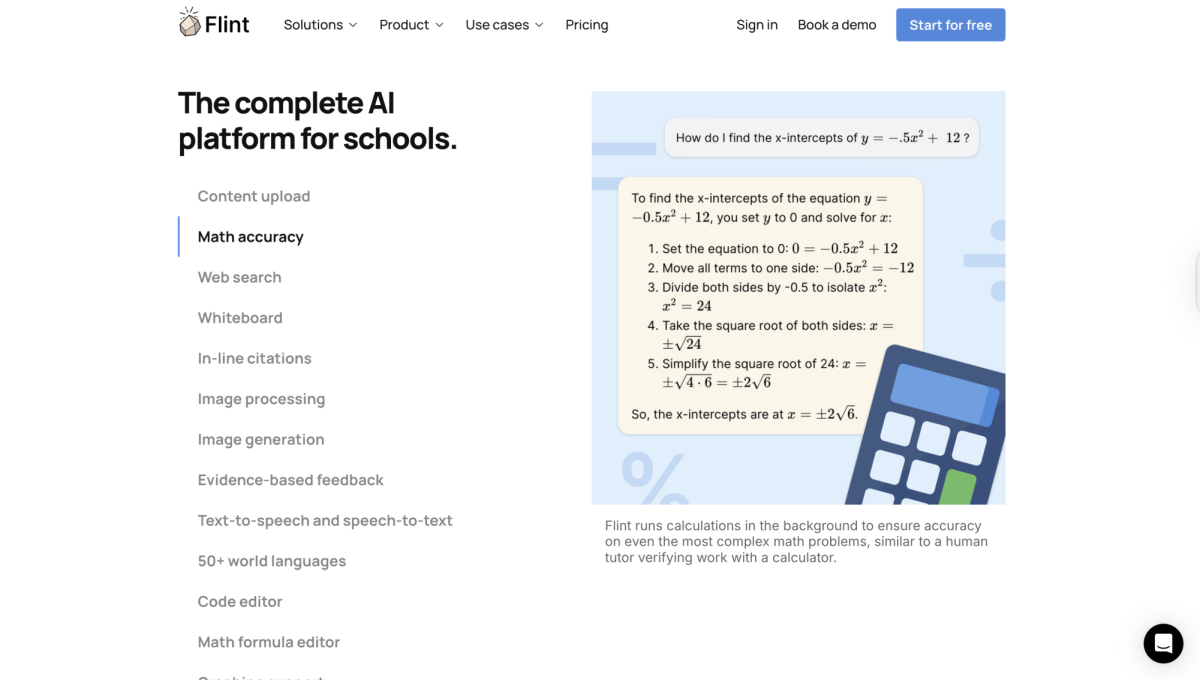The late policy, specifically the grace period implemented into Poly’s guidebook last year, has been changed for the 2024-25 school year. This decision followed the realization of several Poly faculty that the former policy was not beneficial for students. The grace period has been cut to only two days, but only under strict circumstances. This year, the extension has to be approved 48 hours in advance by your teacher for the work you’re requesting.
During the post-COVID era, Poly implemented a one-week grace period, which gave all students one week after the original due date to finish any assignment or project assigned to them. According to Assistant Head of School, Academics Michal Hershkovitz, many staff and faculty believed that ”the grace period was not being put to good use by students,” and was being viewed more as an opportunity to do their work late without any specific reason. If a student decided to use the full one week, it was mentioned that students would fall behind, forcing them to focus on a topic that was not being focused on anymore.
“The grace period date became, in some students’ mind, the new due date, and that meant…that mental new due date was in someone’s head by the time the class had moved beyond,” said Hershkovitz. She also added that the reason this one-week grace period was implemented in the first place was because of the COVID pandemic, allowing students to adjust to the “normal” school life.
Therefore, for the 2024-2025 academic school year, Hershkovitz, alongside other faculty and staff, agreed upon a two-day grace period. Unlike last year, she said that students are not permitted to use the grace period without permission, so the extension is definitely valid.
Students across the board of Poly have differing views regarding the change. Tenth grader Felix James explains, “I think it’s definitely a very good thing because it forces the students to actually communicate with the teacher if they have any issues with the work, or they need an extension.” This permits more communication between the teacher and the student, giving them a better idea of how to help students outside of the classroom. This new grace period also “reinforces a culture of time management, where students have to intentionally map out the week ahead so they have a clear understanding of what their bandwidth will look like,” noted Director of Student Life Jared Winston. With less time to complete an assignment, students are more encouraged to plan out their week, which is a crucial skill to have for your whole life.
Despite having less time to work on an assignment, Hershkovitz also states that cheating should not be the resort to meeting a specific deadline. She says, “cheating is so nonsensical, it literally doesn’t make sense, because the goal is not to have a fake transcript so that you can go to some college, because what happens when you get there? You won’t have actually developed the skills or the content knowledge that you need to thrive there.”
This new adjustment comes with many responsibilities, but Winston believes that this is only preparing yourself for the future as “students will navigate these social contracts in all different walks of their lives, meeting deadlines and recognizing the importance of deadlines is really important.” This reveals that Poly is not only helping students for their current situation as teenagers, but offering support for their journeys ahead as well.
When asked if they have any plans to make any other changes to the grace period policy, “We don’t know. Depends what we find. We are learners just like you are. We don’t come into any policy assuming that it is right, by the way, I don’t think any school does,” added Hershkovitz.



